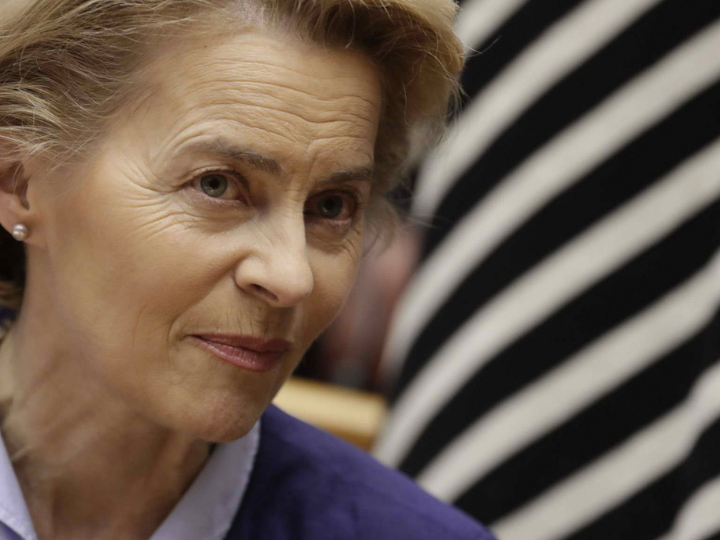
COVID-19: Why investing in youth will future-proof the economy
By: EBR | Thursday, July 30, 2020
The COVID-19 pandemic has upended and laid bare the inequities in our global economic and social systems
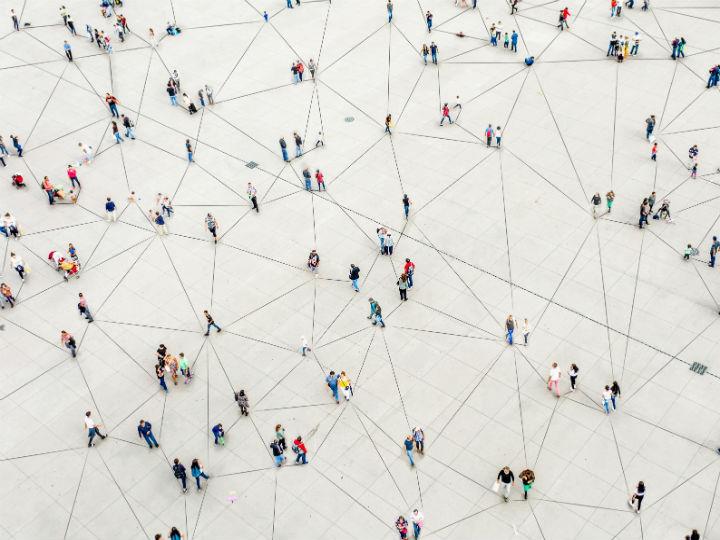
Data is the new gold. This is how it can benefit everyone – while harming no one
By: EBR | Thursday, July 30, 2020
COVID-19 has dealt the world a twin crisis. We face not only our greatest global health shock but also our greatest economic shock in a century
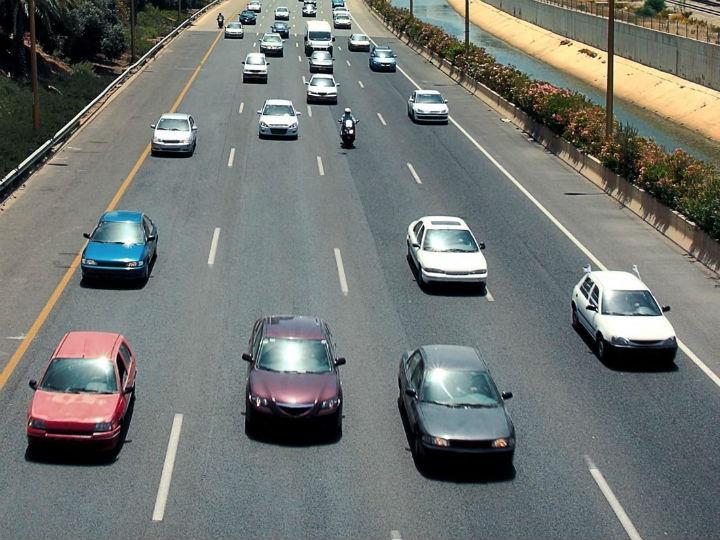
Why COVID-19 stimulus needs to account for future infrastructure risks
By: EBR | Wednesday, July 29, 2020
Once the current COVID-19 crisis has been contained, the focus of governments everywhere will inevitably shift to improving their economic health

Bill Gates: How HIV/AIDS prepared us to tackle COVID-19
By: EBR | Tuesday, July 28, 2020
Around 2 million people a year used to die from HIV/AIDS. Now that figure has more than halved. So what changed?
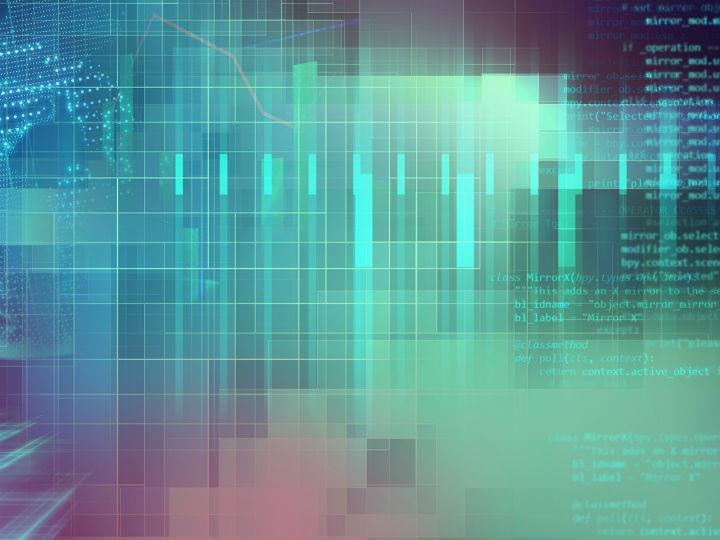
3 ways COVID-19 is transforming advanced analytics and AI
By: EBR | Friday, July 24, 2020
While the impact of AI on COVID-19 has been widely reported in the press, the impact of COVID-19 on AI has not received much attention
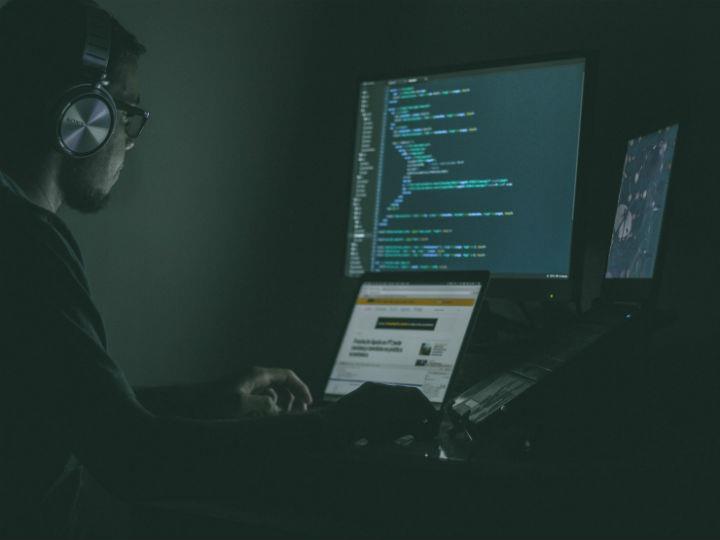
Cyber developers are re-engineering society. Here’s the No. 1 thing they need
By: EBR | Friday, July 24, 2020
COVID-19 has forced organizations around the globe to move their operations online to ensure business operation continuity
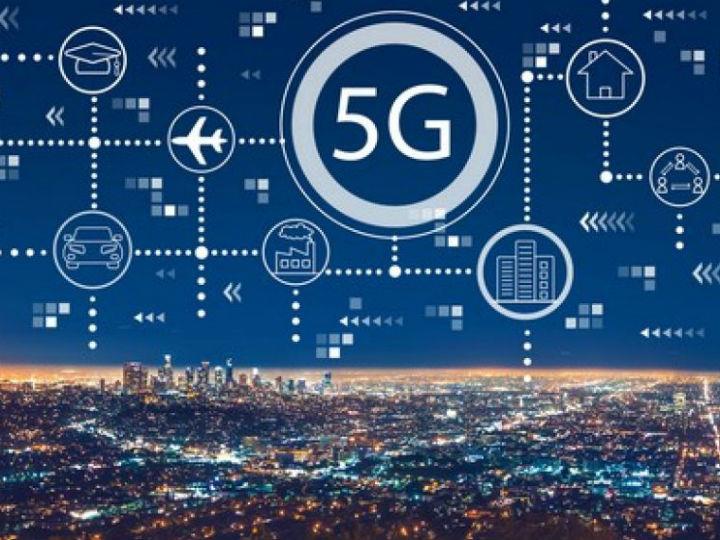
Ericsson: 5G could ‘dramatically increase’ network energy consumption
By: EBR | Friday, July 24, 2020
It is the industry’s responsibility to roll-out the fifth generation (5G) of wireless communication networks without increasing energy consumption, Swedish telecoms giant Ericsson writes in a report outlining how this can be done
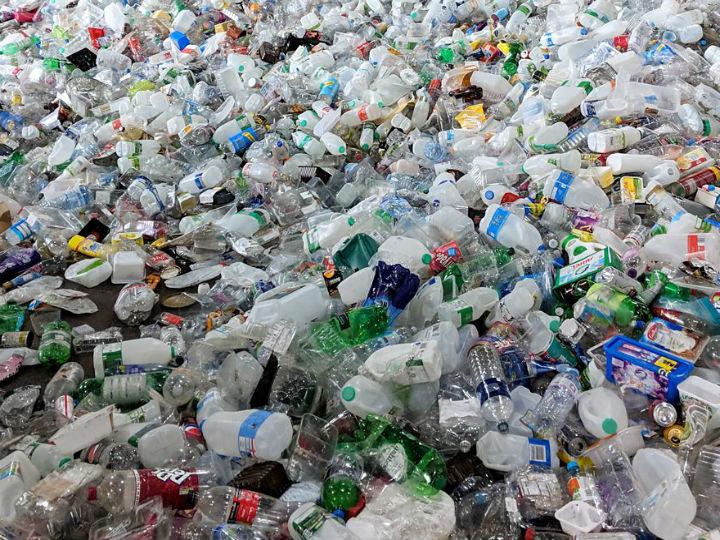
How Consumer Nudging Can Solve the Plastic Packaging Waste Crisis
By: EBR | Friday, July 24, 2020
Two overarching shifts need to take place to effectively tackle the plastic packaging waste challenge
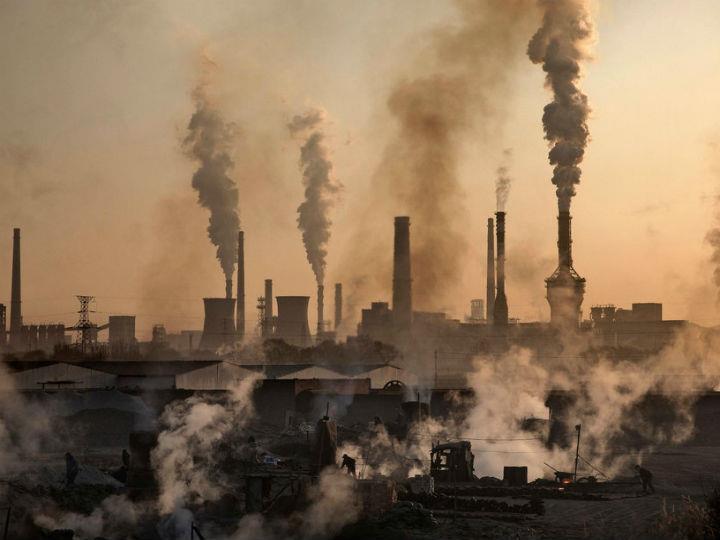
Why this moment could be decisive for tackling climate change: Report
By: EBR | Thursday, July 23, 2020
More than half a century ago, one of the first images of Earth adrift in space was taken by the Apollo 8 space mission

Digital politics and the COVID crisis
By: EBR | Wednesday, July 22, 2020
The coronavirus pandemic has forced us to move more of our lives online faster. But is this for the better? What should we take with us from our lockdown experiences
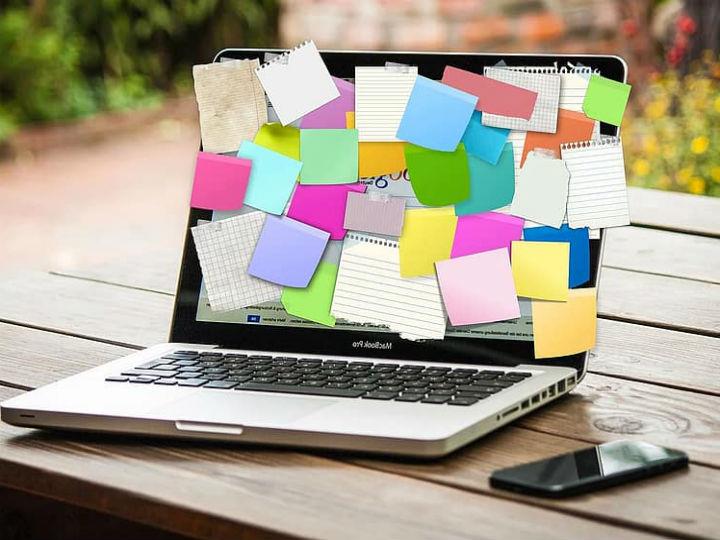
What COVID-19 taught 10 startups about pivoting, problem solving and tackling the unknown
By: EBR | Tuesday, July 21, 2020
COVID has transformed how businesses run and how leaders lead
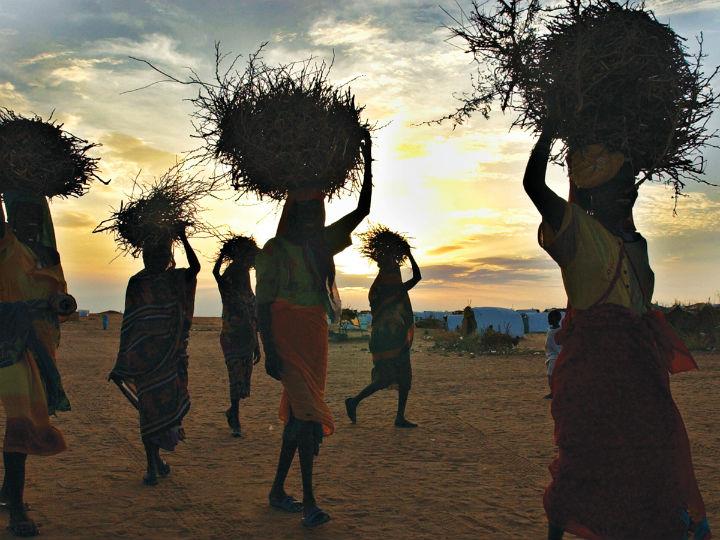
Gender equity and climate change have more in common than you think
By: EBR | Wednesday, July 15, 2020
Gender equity is a lot like climate change. It’s a horizontally-integrated issue that largely exists inside a vertically-integrated policy framework. Now is the time to change that
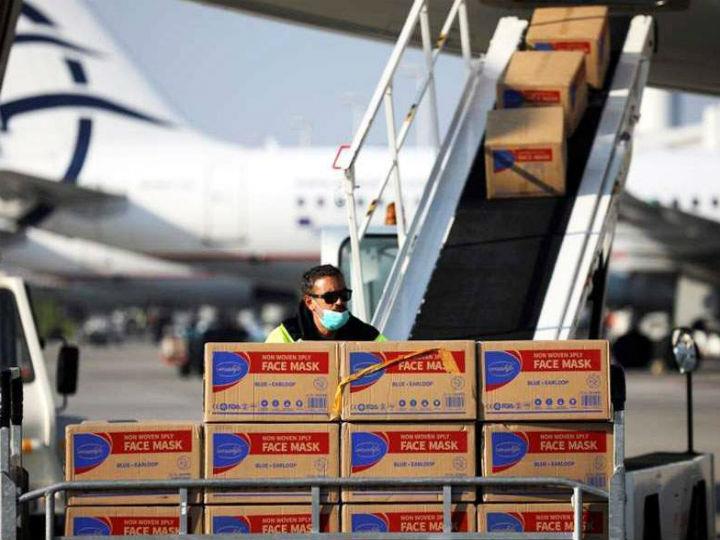
How to ensure countries don’t run out of medical supplies when the next crisis hits
By: EBR | Tuesday, July 14, 2020
Europe and large parts of Asia and Oceania are starting to emerge from the worst of the COVID-19 pandemic
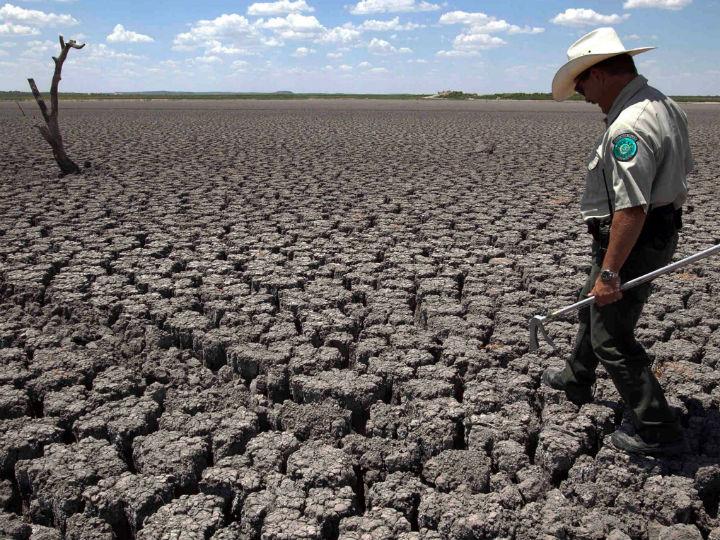
Scientists discover new ‘human fingerprint’ on global drought patterns
By: EBR | Tuesday, July 14, 2020
There is a detectable “human fingerprint” on decreasing rainfall over the US, central Asia and southern Africa, according to results
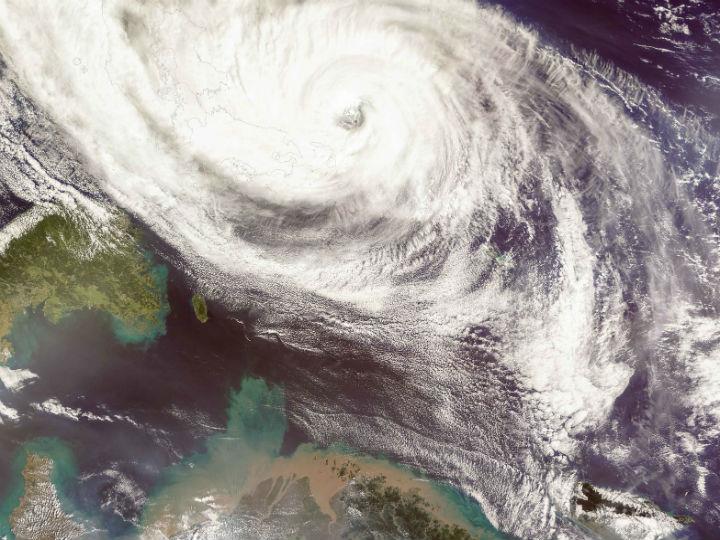
COVID-19 creates a perfect storm for the extreme weather season
By: EBR | Monday, July 13, 2020
For many, June was a time to rejoice at the start of summer. But for a large number of communities around the world, it signified the beginning of a potentially deadly period of hurricanes and monsoons, droughts and heatwaves
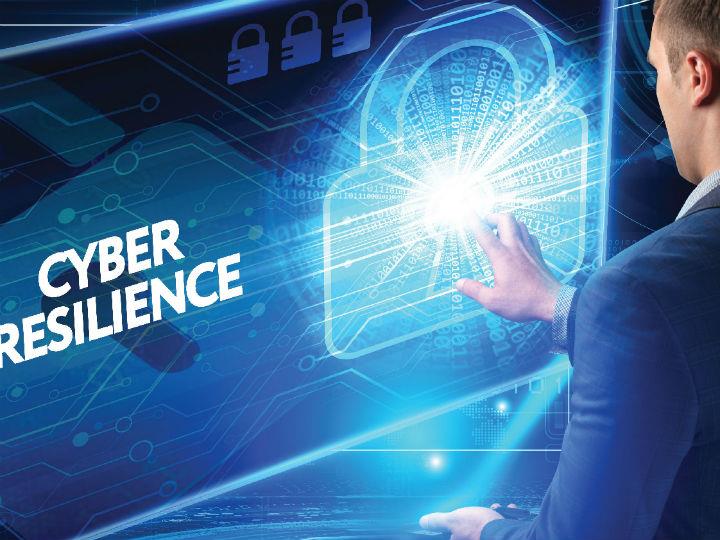
Cyber resilience and organizations’ survival
By: EBR | Thursday, July 9, 2020
Cyber resilience is critical for organizations’ survival. Thoughtful reporting can help build it

What would it cost to fix our broken relationship with nature?
By: EBR | Thursday, July 9, 2020
In 2020, humanity is living the consequences of our broken relationship with nature. We have over-exploited biodiversity to the point of a human-created Sixth Extinction, exacerbated by human-created climate change
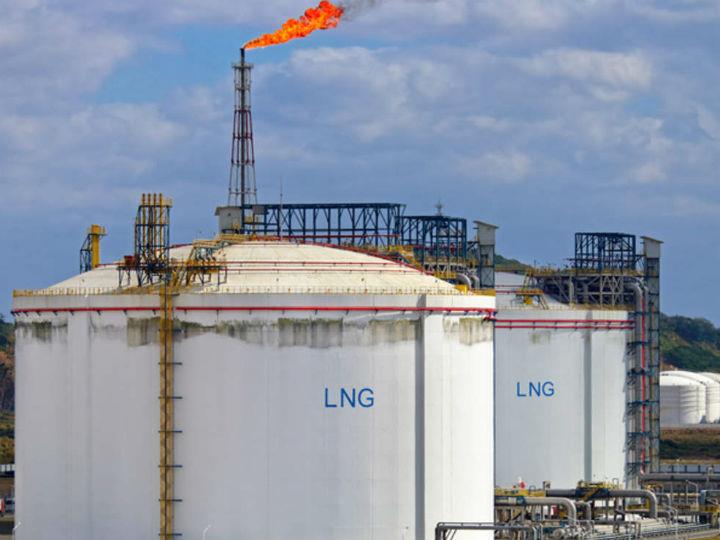
Gas boom risks ‘perfect storm’ for climate, economy: report
By: EBR | Tuesday, July 7, 2020
Global natural gas capacity under construction has doubled in a year according to new analysis that warned Tuesday (7 July) the investment boom in the world’s fastest-growing fuel risks a “perfect storm” of climate chaos and stranded assets
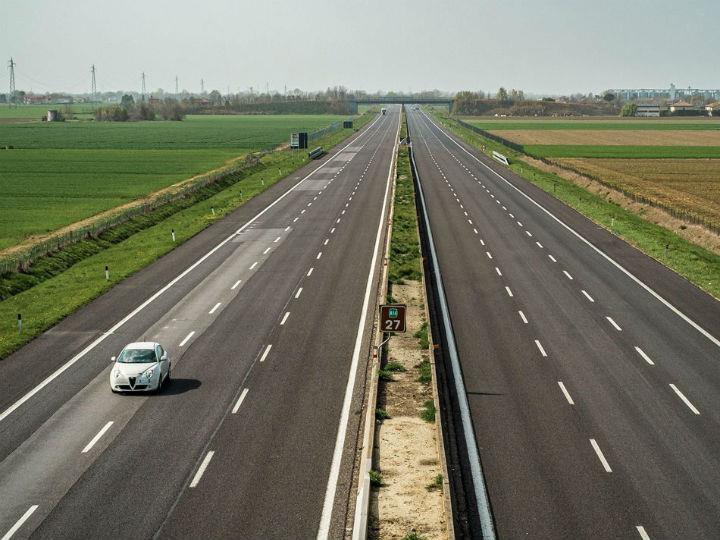
These are the best ways to tackle air pollution and climate change together
By: EBR | Tuesday, July 7, 2020
When we look at air pollution and climate change, we see two dire situations
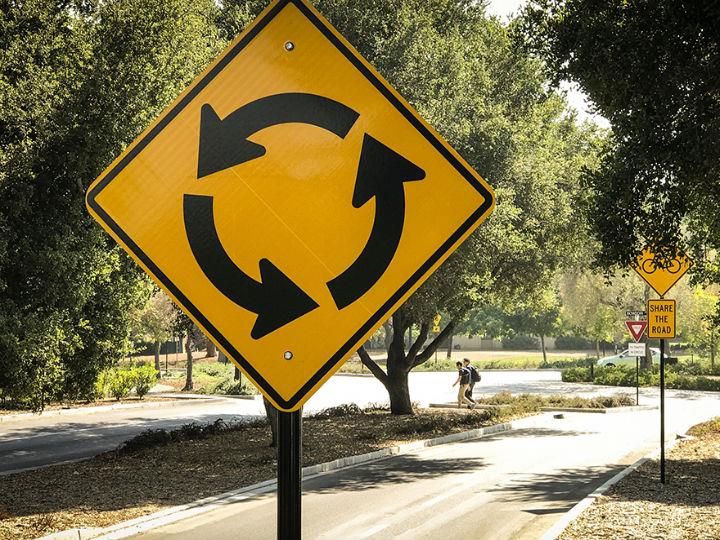
To build a resilient world, we must go circular
By: EBR | Tuesday, July 7, 2020
COVID-19 has created a human tragedy on a huge scale, with deep consequences for the global economy that will lead to an extended recession and long-term hardship



 By: N. Peter Kramer
By: N. Peter Kramer